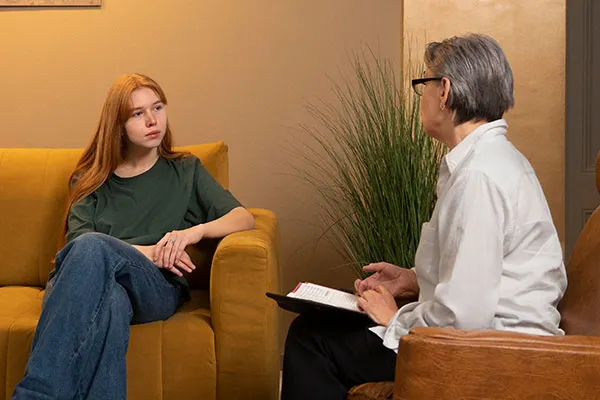


Autism Spectrum Disorder (ASD) is not an illness or a disease per se, it's a different way of experiencing the world. At Kriteyu Health Care, we offer compassionate, expert-led support for individuals across the autism spectrum. Whether your child has recently been diagnosed, you're an adult seeking answers, or you're a parent navigating uncertainty, we are here to provide clarity, guidance, and tailored care.
ASD is a neurodevelopmental condition that affects how a person communicates, interacts socially, and processes sensory information. It is called a "spectrum" because it varies widely from person to person. Some individuals may need significant support in daily life, while others may live independently with subtle differences.
Common signs of ASD may include:
No two individuals with ASD are the same. That's why understanding the whole person, not just the diagnosis, is essential to effective care.
It's helpful to consider an evaluation for ASD when there are persistent concerns about:
Early identification can lead to better support and improved outcomes, but it's never too late to seek clarity at any age.
We offer a comprehensive and person-centred approach to autism diagnosis and support, grounded in clinical expertise and deep respect for neurodiversity.
Our services may include:
We don't "treat" autism, we support individuals in managing challenges, celebrating strengths, and achieving meaningful goals.

Led by Dr. Krishna Thalagavara, we bring clinical expertise paired with empathy and patience for each unique journey.

We actively involve caregivers in understanding the diagnosis, addressing concerns, and building confidence for the road ahead.

From early assessment to long-term guidance, we tailor support to meet your developmental, emotional, and functional needs.
Whether you're seeking an initial evaluation or ongoing guidance, we're here to walk beside you with insight and care.
Autism is a spectrum, meaning individuals can have very different strengths and challenges. That's why a personalised approach is so important.
Autism can often be identified by age 2–3 years, but it can also be diagnosed in older children, adolescents, or adults.
Many individuals on the spectrum live independently, study, work, and have fulfilling relationships. The level of support needed varies.
Therapies such as speech therapy, occupational therapy, and behavioural support (e.g., ABA) may be helpful, depending on individual needs.
Autism is not a disease, it cannot and does not need to be "cured." Our goal is to support individuals in living well and thriving on their own terms.